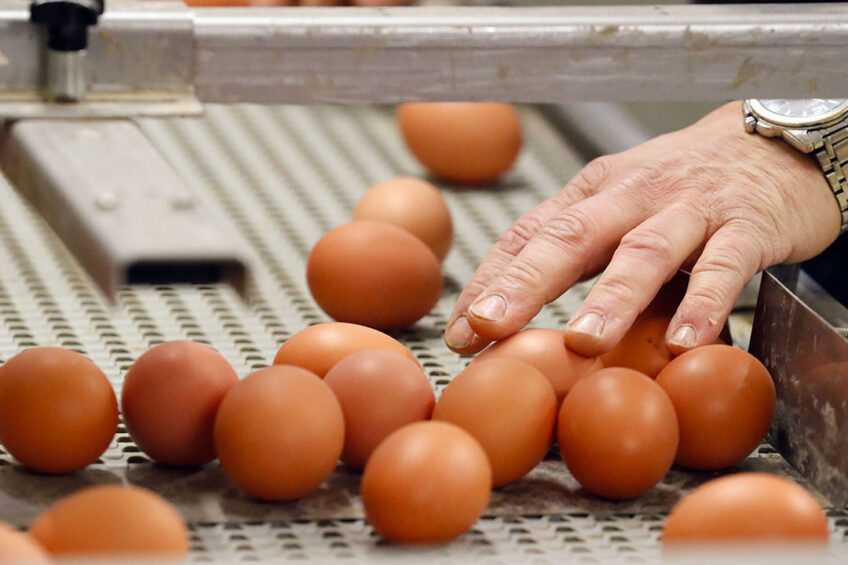Free-range egg producers under pressure

Free-range egg producers in the UK have followed the poultry meat counterparts in saying retail prices are too low.
A dozen free-range eggs cost £3.20 about 7 years ago, but they are currently just retailing at £2.14, according to Office for National Statistics retail data. Research by Poultry World found Lidl and Aldi offering their Woodcote and Merevale ranges of 12 large free-range eggs at £1.89, while Iceland’s offering was £2. The Co-op had 12 medium-sized free-range eggs.
Urgent price rise needed
The British Free Range Producers Association (BFRPA) said it’s members urgently needed a price rise to reflect inflationary pressure. Producers currently receive an average of 91p/dozen at the farm gate as the price of eggs on supermarket shelves has been driven down by retailers hoping to win market share.
FreeBirds project advances organic production
The aim of the pan-European FreeBirds project has been to develop successful husbandry practices in organic production to ensure chickens spend more time outdoors. Read more…
Discounted eggs were making farm businesses unsustainable, warned BFRPA CE, Robert Gooch, who said retailers and packers needed to step up to the mark: “Only the producers at the bottom of the chain are losing out, while everyone else finds ways to pass their costs along. This isn’t sustainable, and action must be taken now before more producers leave the sector.”
Passing rising cost down
Gooch said producers were now “at the bottom of the pile”. “Everyone else in the supply chain secures their margin by passing the rising costs down the chain, so they inevitably get left at the farmer’s door. BFRPA has campaigned for fair, robust contracts to be available which allow for movement in the price paid to farmers as input costs, such as feed, increase and decrease. These contracts have been adopted by some retailers and packers but there are numerous examples of these contracts being broken now that inflationary pressures are rising,” he said.













